Why ‘chain’ restaurant shouldn’t be a dirty word
They used to be shorthand for convenient, but uninspired, but nowadays chains are more likely to be serving up cool and innovative foodie experiences. Clare Finney talks to the founders of Dishoom, Wahaca and Hawksmoor to see how it should be done – and picks her five best to try

We may have referred to it as the c-word,” says Will Beckett, co-founder of Hawksmoor, the restaurant group best known and beloved for its premium steak. That word is chain, a term Beckett prefers to avoid despite owning 14 restaurants across seven cities in the UK, Ireland and the US. His comments are echoed by Shamil Thakrar, co-founder of Dishoom; by Mark Selby, co-founder of Wahaca; and by Saiphin Moore of Rosa’s Thai, the 40-strong restaurant group that this year celebrates 15 years since Moore opened her first restaurant in London. All of these restaurants have expanded beyond the capital and serve the same menu under the same name across multiple sites. They are chains by any other name, at least to those outside the food world. Yet as far as their owners, their employees and even their regular customers are concerned, “chain” has become a dirty word.
“It’s ubiquitous, repetitive, plain, without innovation – that’s what a chain is for me,” says Selby. Thakrar thinks that it brings up “associations of very large businesses that perhaps care much more about the financials than hospitality or their teams”. Moore doesn’t like it because it implies there are restaurants within her group run by people other than her and her team. “Chains suggest franchise – but all Rosa’s restaurants are run by us,” she says. Relationships with her Thai suppliers, most of whom she has had since day one, are still managed by her. And so is checking the quality of the food served in her outlets.
All these groups have plans for further growth. They’re not looking to be Costa Coffee, but they aren’t shy of expansion, either. They see its merits. There’s the money, sure – and when restaurants are closing at the rate they are, that’s not to be sniffed at – but there’s also the chance to “do good” at scale. “Do good” is a vague term, of course, but there are plenty of concrete examples offered by these groups and other less likely candidates, says Juliane Caillouette Noble, managing director of the Sustainable Restaurant Association (SRA), whose express aim is to set a standard for sustainability in the industry, and provide businesses with tools to improve.
I think we all know restaurants that started well and then didn’t keep their standards up. Scale makes hospitality much harder
“Bigger businesses have bigger spending power and a wider sphere of influence: acting in multiple locations, operating within larger supply chains, employing more people and serving more customers,” she continues. “In our work we are looking for those businesses that proactively use this kind of power in a positive way – to treat people well across all their interactions, to support responsible food production through their procurement policies and by using their platforms for educating, influencing and inspiring action on sustainability issues.”
She cites Dishoom as an example of a restaurant that has used its scale to “do fantastic work across their operations, particularly when it comes to the often-overlooked area of social sustainability – supporting local communities, treating their staff well, and putting healthy, nourishing dishes on their menu.” Wahaca was the first UK restaurant group to be certified carbon neutral, and one of the first groups to introduce a “zero waste to landfill” policy back in 2011. “From day one we wanted to prove you could build a sustainable restaurant group,” says Selby – which, back when they opened in 2005, wasn’t really on the agenda in the hospitality industry. Young restaurateurs with just one site under their belt and an ambitious environmental policy in their hearts might dismiss Wahaca as a chain, but we owe a lot to Wahaca with regard to sustainability and indeed our familiarity with Mexican ingredients and cuisine.
All this sounds like a defence of the chain – and it is in a way, for food snobs in particular underestimate the potential they hold for people and the planet. Even McDonald’s did its bit when in 2007 it decided to switch to organic milk. “This was just one relatively simple decision on behalf of the company, but because it’s such a massive brand, this meant they were purchasing five per cent of ALL British organic milk,” Caillouette Noble explains. Nando’s has incredibly thorough and complex sustainability-focused decision making embedded throughout its business; the founders of Leon, a staple of British transport termini, co-wrote the the School Food Plan, which resulted in dramatic changes to school meals.
All these are chains with a capital “C” as one friend perfectly put it. They are what we think of when we hear the word. They are synonymous with (and arguably contribute to) the homogenisation of our food cultures and high streets, and they offer an identikit experience, whether you’re in Bolton, Leeds or Luton airport. They seem far removed from what that same friend calls chain with a small “c” restaurants: the Dishooms, Hawksmoors and Blacklocks of this world, whose many outposts feel individual, and in which dining is a treat – even a special occasion. Yet the point at which a restaurant group stops feeling special and starts feeling like a chain with a big “C” is far from clear.

For many, it is when they open in an airport. For Will Beckett of Hawksmoor, the litmus test is “whether you’d be excited or annoyed if you heard one was coming to your hometown.” Neither test is foolproof; we’d all like to eat and drink better in airports, and when it comes to excitement over local openings, one person’s Caffe Nero is another’s Hawksmoor. The general consensus amongst those restaurant owners I speak to, is that it’s the point at which the rate of growth feels forced rather than natural – because bitter experience suggests that comes hand in hand with declining standards. “I think we all know restaurants that started well and then didn’t keep their standards up,” says Thakrar, and the reason is simple: “Scale makes hospitality much harder.
“In the restaurant world, at a very basic level, we are here to provide delicious food and drink, warm and hospitable service and to create a great working environment for our teams,” he continues. “In one restaurant, as an independent, it’s that much easier for the owner or chef to be involved in all this.” The challenge for Thakrar, Beckett, Selby, Moore and their ilk has been opening multiple restaurants without compromising on what made their first one take off. As Caillouette Noble points out, “many chains start out as small businesses that are highly idealistic and progressive. Unfortunately, it’s often success and consequent scaling that will end up challenging those disruptive, progressive ideals.” The moment growth becomes the goal rather than the result of a business is the moment it starts to compromise on its values. “The quality of the customer experience and the employee experience deteriorates, since growth is often considered more important,” says Thakrar. “I think the trick is to think of the quality of the guest and team experience as the very first objective.” If that limits your growth, he continues, then so be it.
When Beckett is asked if he’s surprised by the growth of Hawksmoor, he likens it to an aunt saying “how you’ve grown” when you’re younger. “Of course, we think ‘my god how did this happen’; what started as two best mates now has 1,500 employees. But in the moment, we don’t focus on getting big, any more than a kid thinks about growing. We think about how we can improve and do better things.”
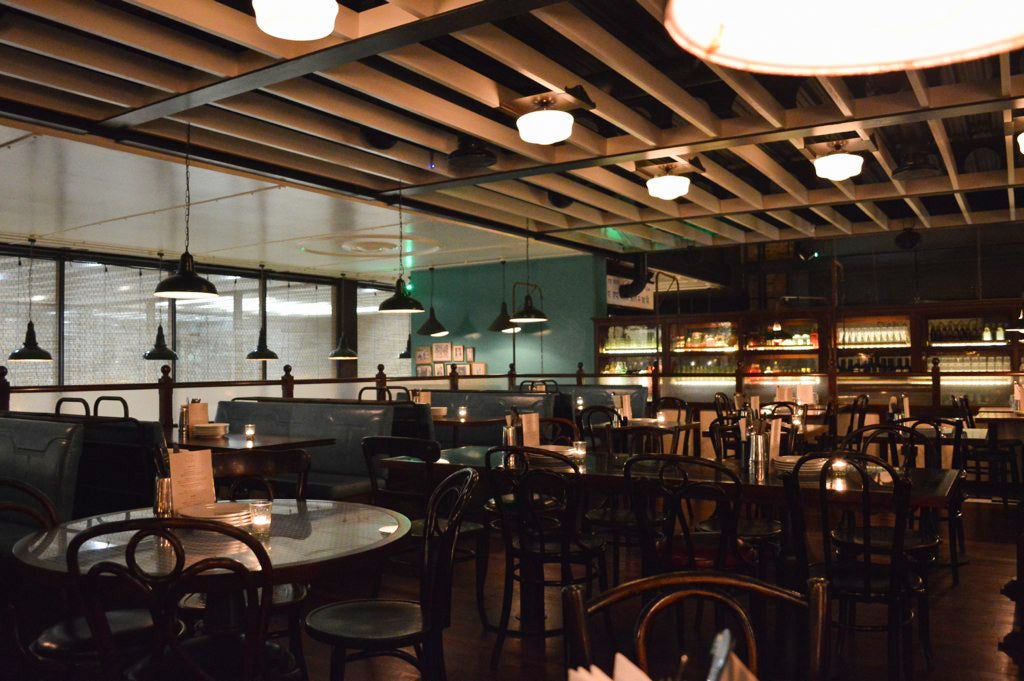
They focus on their employees, their customers and on their ingredients, and growth follows – not easily, but organically and sustainably. Where some groups have struggled – and Selby acknowledges that Wahaca was momentarily one of them – is when they’ve opened too big or too soon. “We never tried to grow too quickly, but I think we got out of London wrong,” he says. “We opened too big, and there was Covid.” Wahaca closed a third of its sites in August 2020, and now has only three outside London; but it recovered because it was founded on a sustainable business model. “We focus on people, food quality – then profit. We are an independent group, and we very much think of ourselves as independent,” he says. And yet even today, Selby finds many people – including, frustratingly, prospective landlords – are inclined to dismiss Wahaca as just another chain.
Which just goes to show how subjective the word is, and how arbitrarily we define success when it comes to restaurants. The other day, someone told me they thought Rosa’s had “sold out” now it’s on Deliveroo. What they didn’t know was that several communities in Thailand have been transformed by Rosa’s expansion, as Moore sources from many of the same family-run suppliers as she did when she started in 2008. Tempting though it is for foodies like me to champion single-site restaurants at the expense of their bigger, slicker peers, to do so risks losing site of what restaurateurs can achieve when they operate responsibly at scale.
Clare’s top 5 restaurant chains
1. Hawksmoor
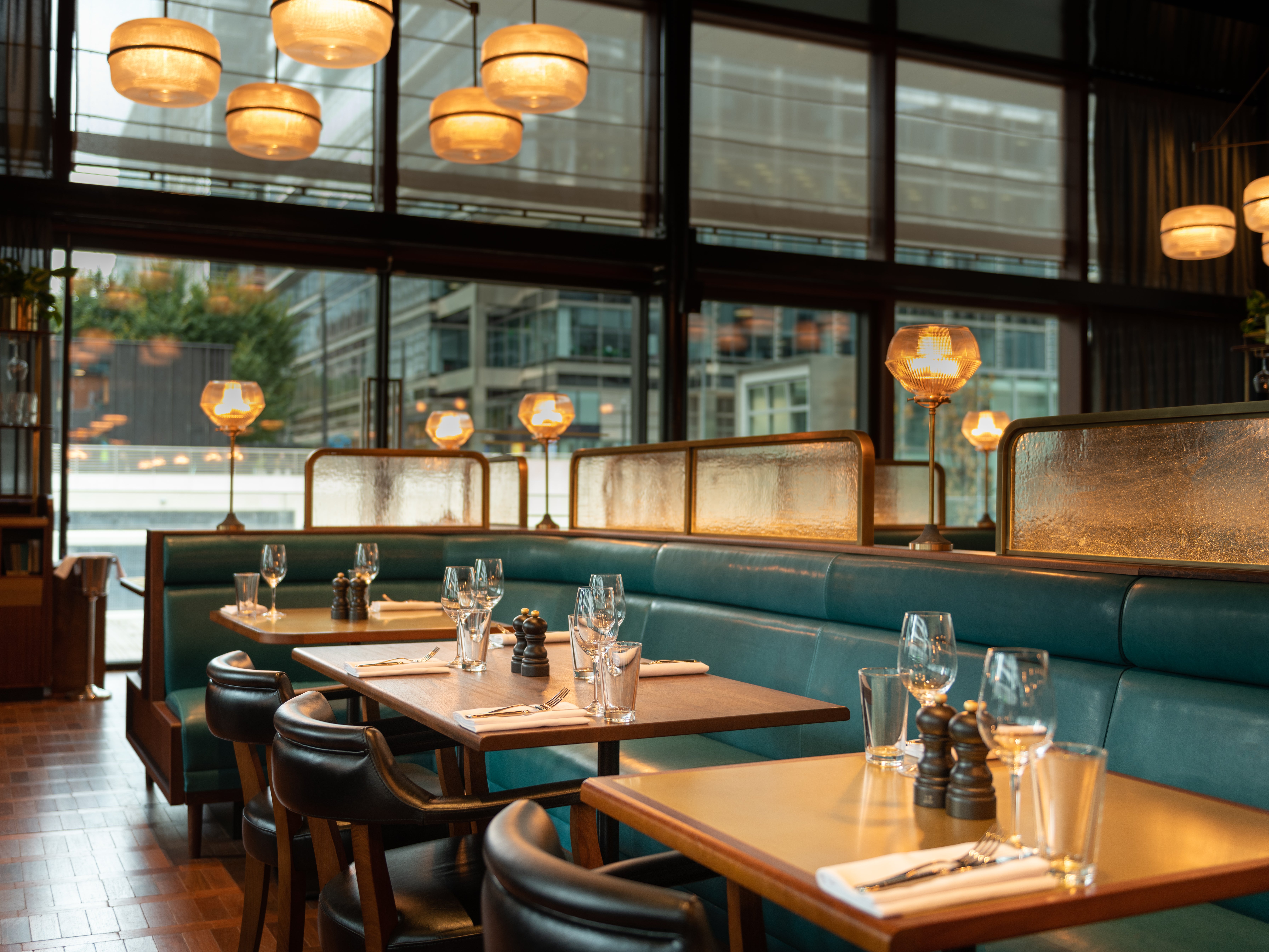
Though there are 12 Hawksmoor restaurants in the UK (and counting) eating in any one of them is still a rare treat. Each boasts a glamorous bar shaking up better drinks than you’ll find in most cocktail joints, let alone most restaurants. Each serves an indulgent, yet universally appealing menu underpinned by sustainable seafood, seasonal produce and grass-fed, traditionally reared, dry-aged steak.
2. Dishoom
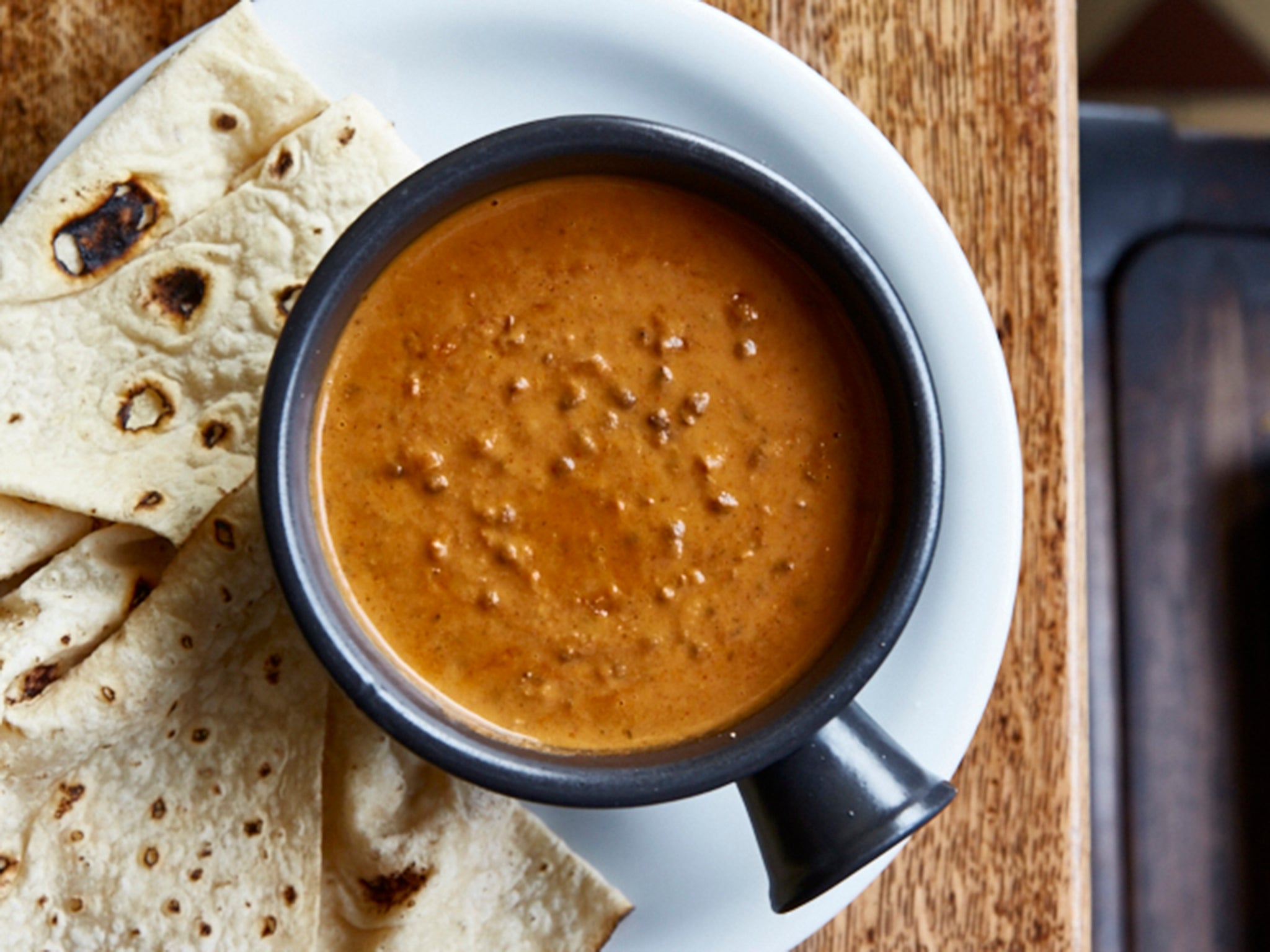
Since it opened in Covent Garden in 2010, I’ve yet to be disappointed by Dishoom – and I’ve yet to meet anyone who is. Whether it’s the dal makhani that made its name, the bacon naan that cemented it or simply the free chai they give people waiting for tables, Dishoom delivers. No wonder people still queue outside in the rain.
3. Pizza Pilgrims
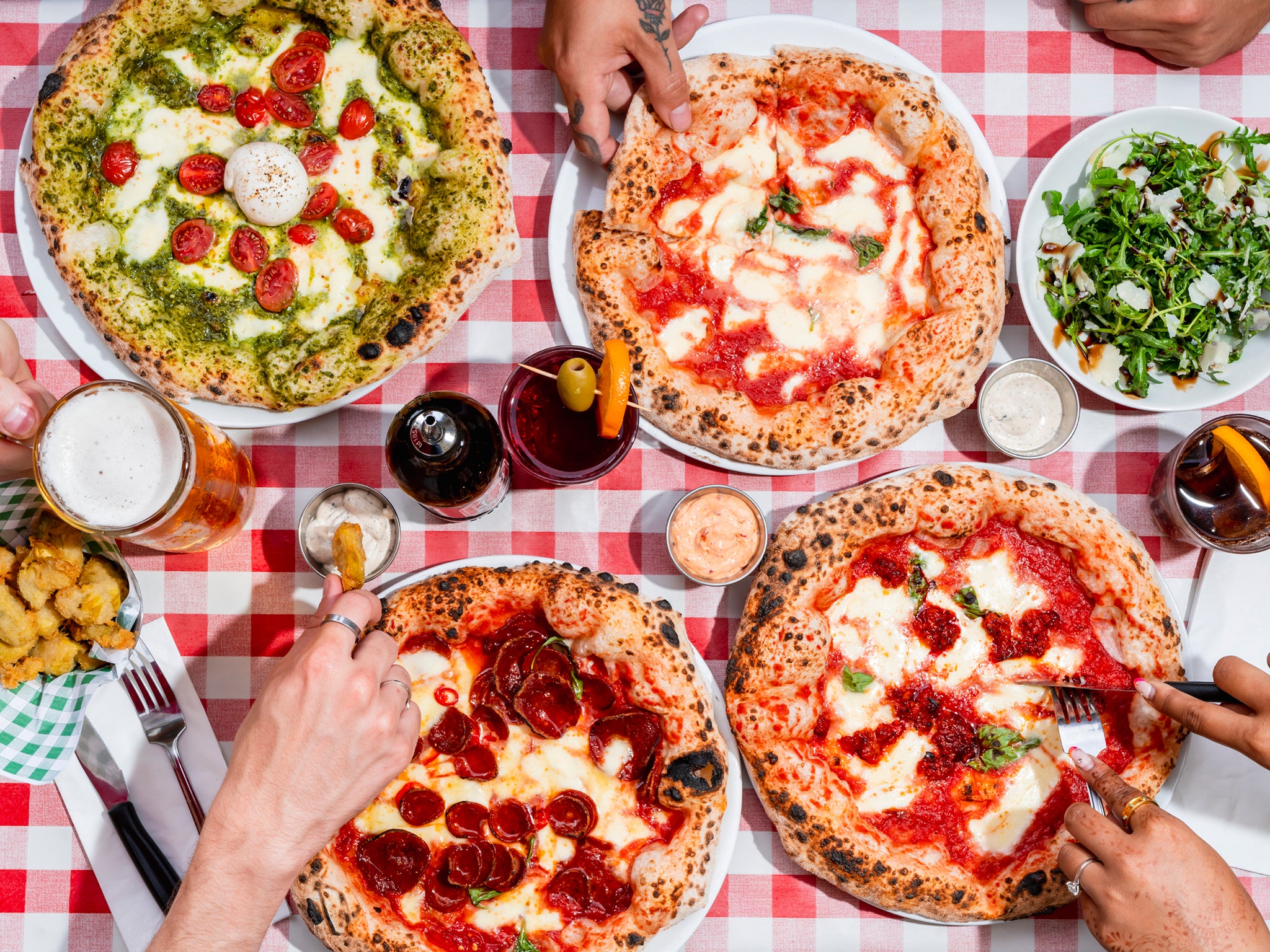
Where some pizza chains have overreached themselves in pursuit of more metaphorical dough, Pizza Pilgrims has remained focused on the quality of its ingredients, the happiness of its staff and on expanding sustainably with regards to its employees and the environment. Eleven years and 20 pizzerias later, that shows.
4. Wahaca
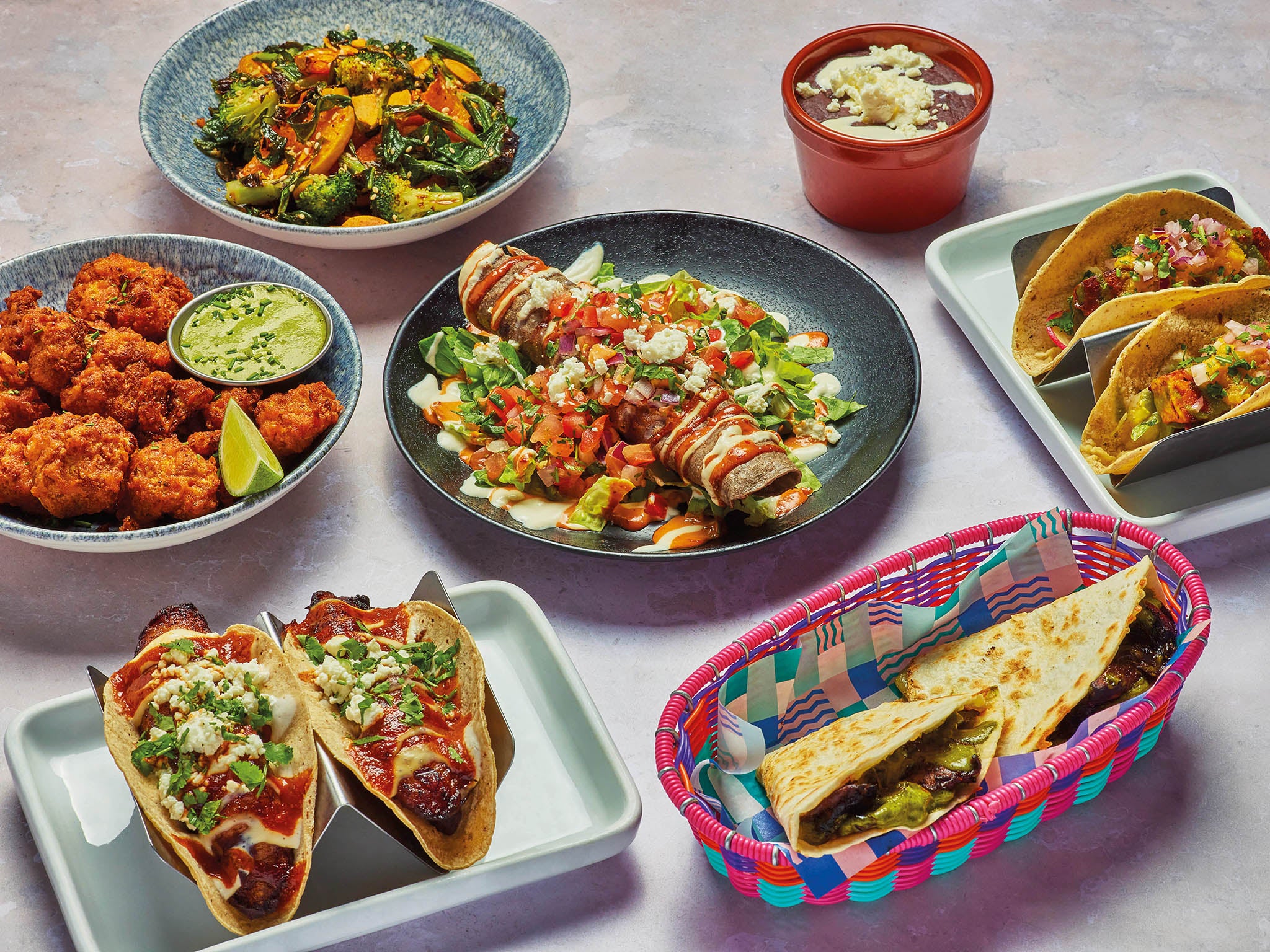
The first restaurant to popularise authentic Mexican cuisine in the UK, Wahaca may have lost a few restaurants, but it’s lost none of its spirit. Nor its spirits in fact: its list of tequilas and related cocktails is sustainably sourced and certainly one of the most reasonably priced. As with Dishoom and Hawksmoor, its first site in Covent Garden remains the best.
5. Rosa’s Thai
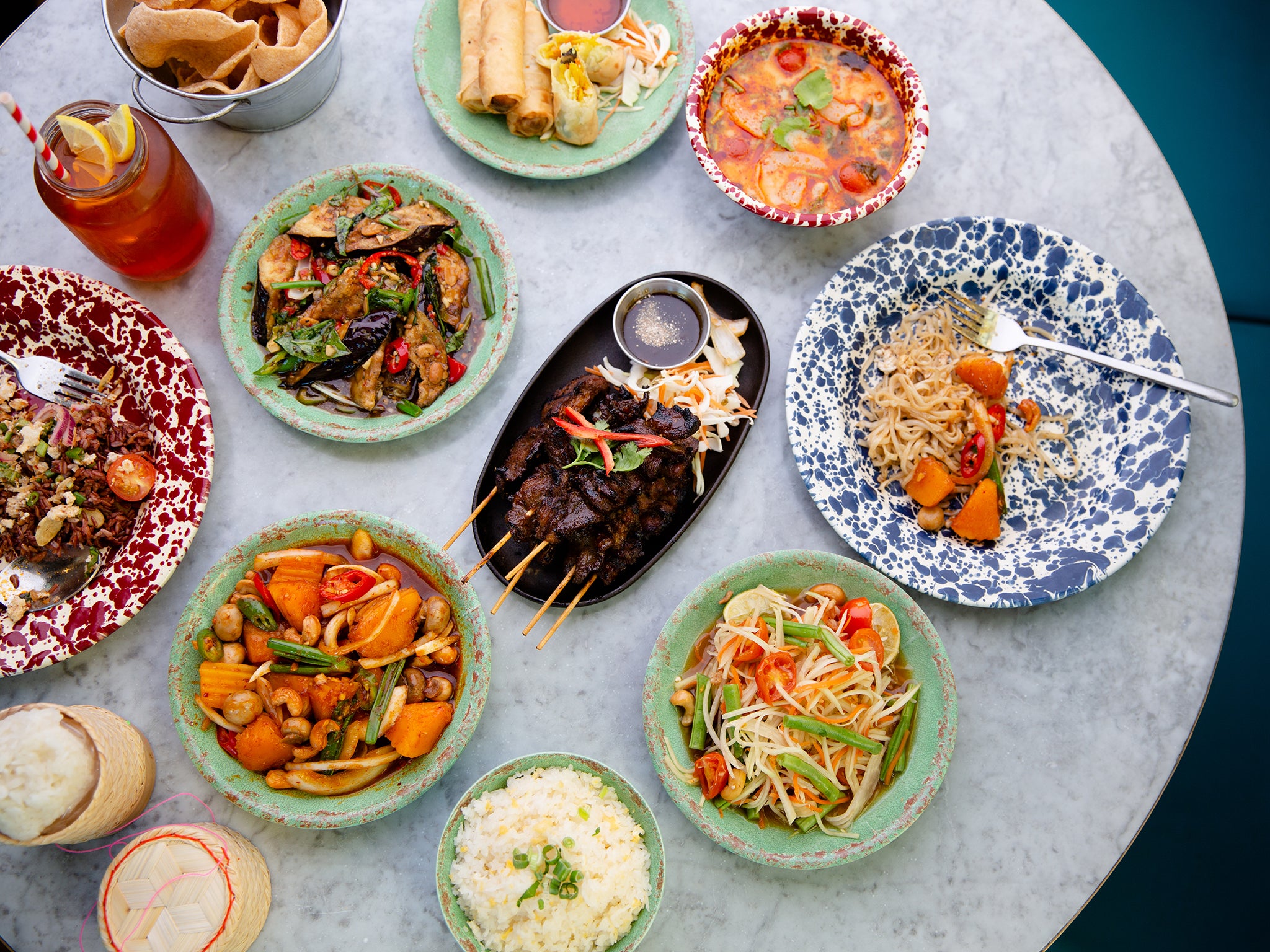
From helping on her family farm in Thailand to running a street stall in London via a bad marriage on the island of Jersey, Saiphin Moore, co-founder of Rosa’s Thai, mirrors her restaurant’s single-minded integrity. Moore named her restaurant for the woman she bought it from, Rosa, and still sources her Thai ingredients from the same suppliers she bought from when she had her first stall in Brick Lane. That’s why, even with 40 restaurants, 15 years on, Rosa’s Thai remains a safe bet whether you’re seeking pad thai or panang curry.
Join our commenting forum
Join thought-provoking conversations, follow other Independent readers and see their replies
Comments
Bookmark popover
Removed from bookmarks